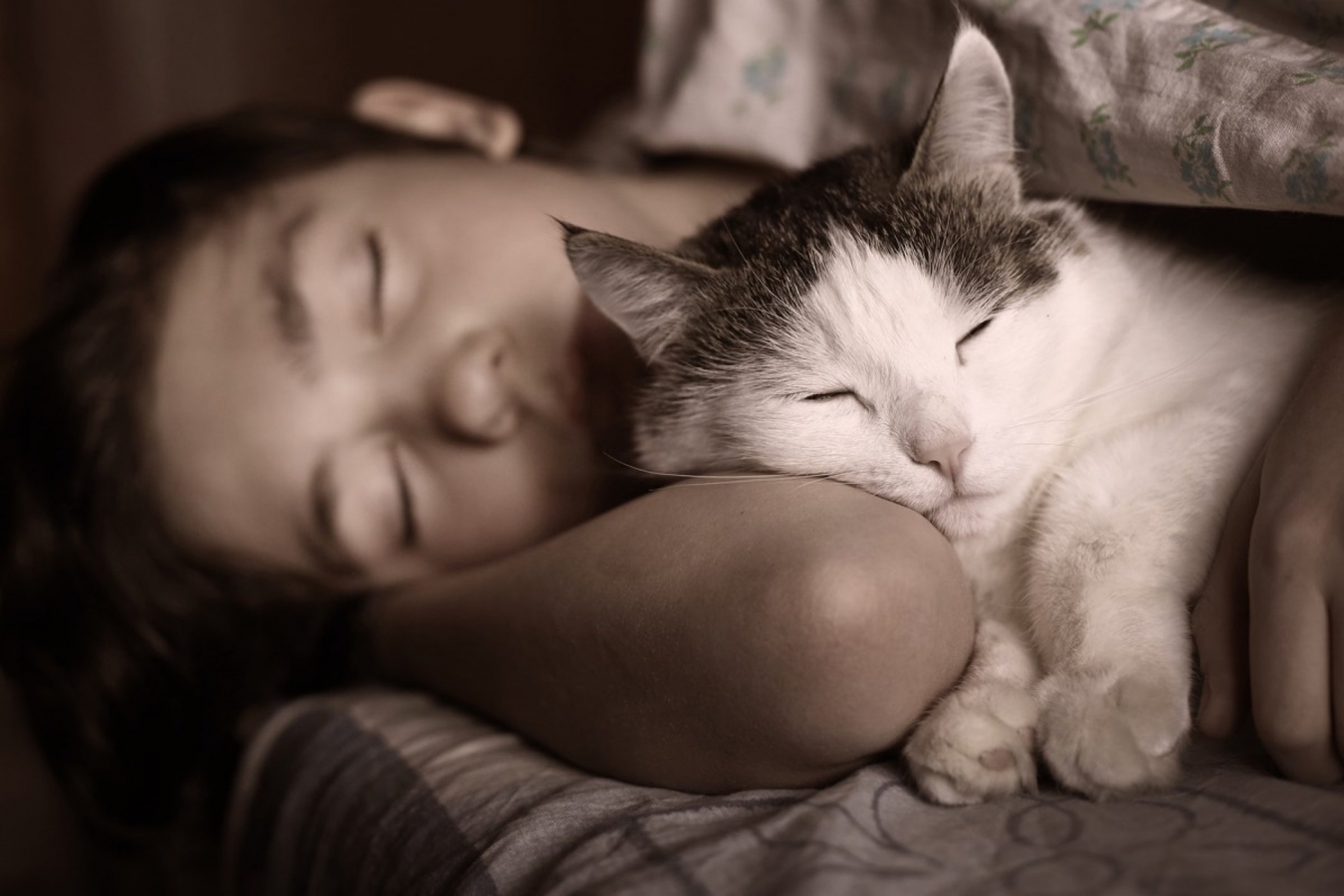


 9:24:9
9:24:9  2018-11-04
2018-11-04  1408
1408

This Sunday, people across the United States can luxuriate in an extra hour of sleep as daylight saving time comes to an end.
The change happens at 2 a.m. local daylight time on Nov. 4. While most wireless devices will "fall back" on their own, it's up to you to switch manual clocks — including those on
microwaves, ovens and wristwatches — one hour back.
This means that as soon as the clock ticks to 2 a.m. on Sunday, it can be turned back to 1 a.m.
Daylight saving (not savings, as it's sometimes called) time won't start again until March 10, 2019, when the United States will, once again, "spring forward" an hour.
Daylight saving time (DST) is the brainchild of Benjamin Franklin. The famous inventor and American politician reasoned that because the sun sets later in the spring and summer, Americans might save energy if they turned their clocks forward an hour, giving them an extra hour of natural light (no need to use artificial light), according to David Prerau, author of "Seize the Daylight: The Curious and Contentious Story of Daylight Saving Time" (Thunder's Mouth Press, 2005).
However, it wasn't until 1916 that a country, Germany, implemented DST; the United States adopted it in 1918.
Moreover, it's unclear whether DST actually saves energy. Several studies, including a 1998 study in Indiana and a 2000 study in Australia, showed no energy savings from DST, Live Science previously reported.
Even so, DST persists despite dozens of bills introduced in state legislatures over the years to end it. Two states, Hawaii and Arizona, don't observe the time change, although Navajo Nation, in northeastern Arizona, does, NASA reports.
What's more, DST in the United States doesn't match up with clock changes in Europe, which stopped observing "summer time" for the year on Oct. 28. Europe will start following summer time again on March 31, 2019.
Daylight saving comes with its fair share of problems. A 2017 study in the in the Journal of Experimental Criminology showed that assault rates are higher on the Monday following the end of daylight saving time, compared with the Monday after that. Moreover, on the Monday following the spring time change, people are more likely to have heart attacks than on Mondays surrounding that date, another study found.
Traffic accidents also increase on the Mondays after both the fall and spring time changes, a 2001 study in the journal Sleep Medicine found.
However you spend your extra hour, remember this: Your pets don't know about the time change, so be kind to them: they may get hungry an hour earlier, Live Science reported in 2011.
Reality Of Islam |
|

A new chip-

A large inf

Choosing th

A new NURBS
 9:3:43
9:3:43
 2018-11-05
2018-11-05
10 benefits of Marriage in Islam
 7:5:22
7:5:22
 2019-04-08
2019-04-08
benefits of reciting surat yunus, hud &
 9:45:7
9:45:7
 2018-12-24
2018-12-24
advantages & disadvantages of divorce
 11:35:12
11:35:12
 2018-06-10
2018-06-10
 6:0:51
6:0:51
 2018-10-16
2018-10-16
 1:16:44
1:16:44
 2018-05-14
2018-05-14
 3:18:29
3:18:29
 2022-12-24
2022-12-24
 8:19:41
8:19:41
 2018-06-21
2018-06-21
 7:6:7
7:6:7
 2022-03-21
2022-03-21
 3:43:50
3:43:50
 2022-11-05
2022-11-05
the happy life of mankind requirement
 6:36:36
6:36:36
 2022-01-25
2022-01-25
 8:15:37
8:15:37
 2023-02-16
2023-02-16
 5:41:46
5:41:46
 2023-03-18
2023-03-18
| LATEST |